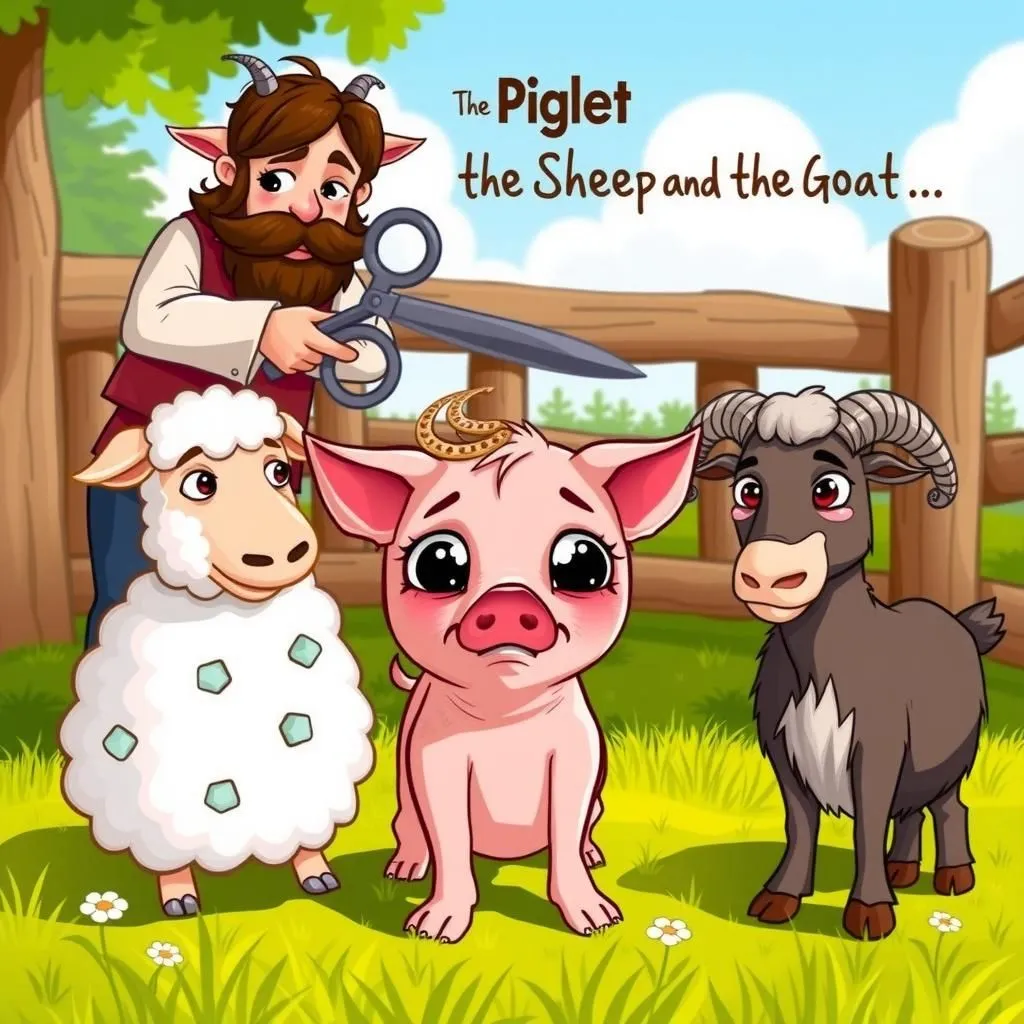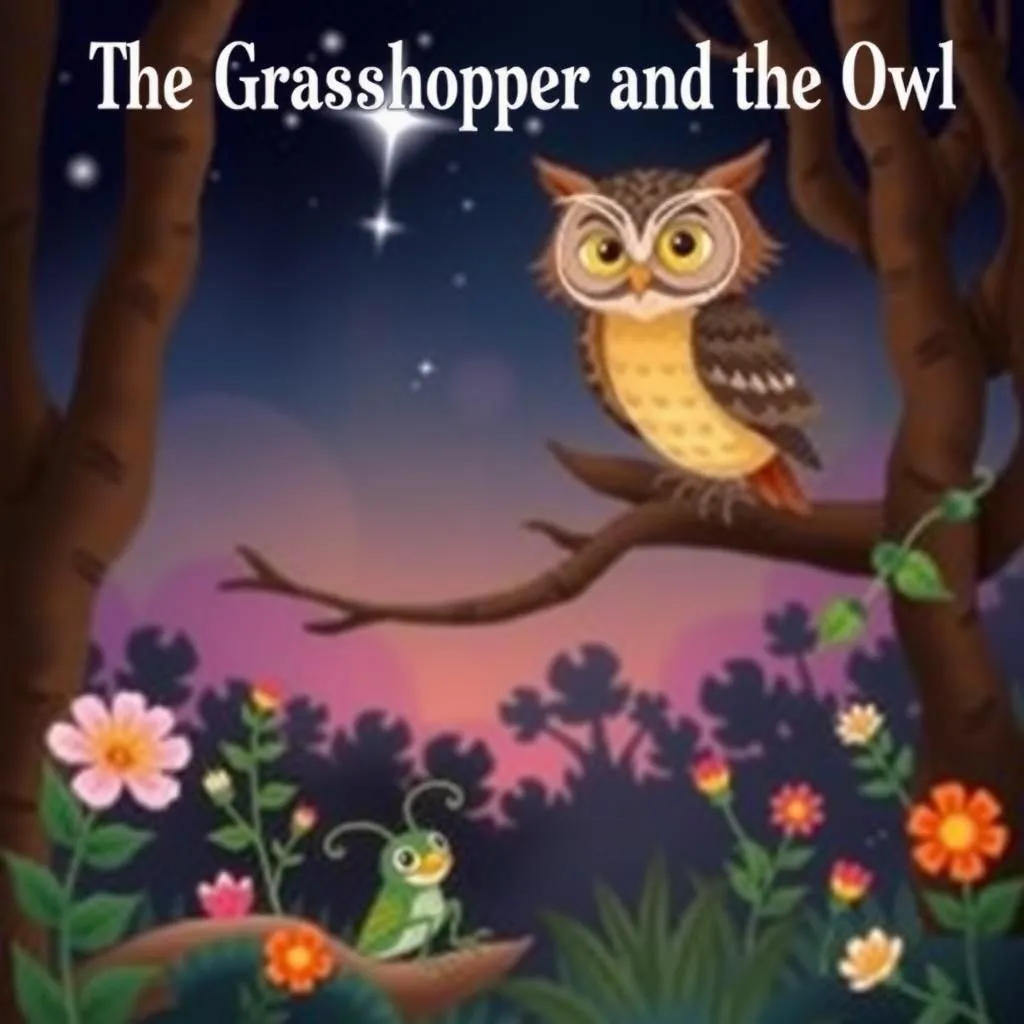
Revenge
An insurance agent attempts to persuade a tough man to take out a fire policy on his house, passionately detailing the dangers of fire. When questioned about his motives, the agent reveals a dark secret: he seeks revenge against the insurance company for betraying his sweetheart, turning the encounter into a tale reminiscent of folklore with a moral about the consequences of deceit and the lessons learned from personal vendettas.


